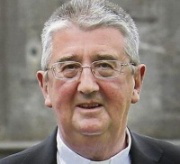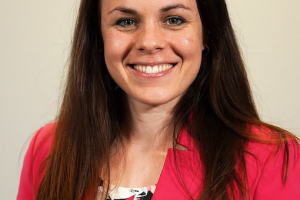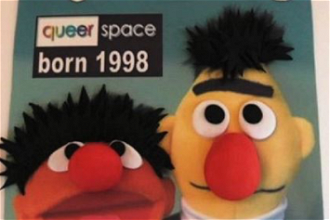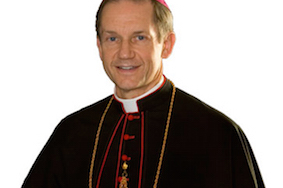Ireland: Archbishop says Church needs 'reality check' after same-sex marriage Yes vote

Archbishop Diarmuid Martin
Ireland became the first country in the world to legalise same-sex marriage through a referendum on Friday. The Republic has a written constitution which can only be changed by referendum. Same-sex marriage is now legal in 20 countries worldwide.
In an interview with broadcaster RTE, Archbishop Diarmuid Martin, Archbishop of Dublin, said the Church in Ireland needs to reconnect with young people.
The Archbishop said: "We [the Church] have to stop and have a reality check, not move into denial of the realities.
"We won't begin again with a sense of renewal, with a sense of denial... I appreciate how gay and lesbian men and women feel on this day. That they feel this is something that is enriching the way they live. I think it is a social revolution."
"I ask myself, most of these young people who voted yes are products of our Catholic school system for 12 years. I'm saying there's a big challenge there to see how we get across the message of the Church," he added.
The ruling was passed by 1,201,607 votes to 734,300. 62.1% voted yes to 37.9% no. The total turnout was 60.5%. Out of 43 constituencies, only the largely rural Roscommon-South Leitrim had a majority of "no" votes.
The referendum was held just 22 years after homosexual acts were decriminalised in the Republic of Ireland.
The yes vote means an amendment will be made to Article 41 of the constitution, stating that being of the same sex is no longer an impediment to marriage.
The government must bring in a new law, the Marriage Bill 2015, to give effect to the amendment and it says it hopes to do that by the time the Irish parliament breaks up in the summer.
According to the Irish Times, there will be no new civil partnerships from the day the law comes into effect, and although civil partners will retain their existing rights, there will be no automatic upgrade from partnership to marriage
Archbishops and Bishops of the Church of Ireland said the Church "defines marriage as between a man and a woman, and the result of this referendum does not alter this."
A statement from the Church of Ireland said "We would now sincerely urge a spirit of public generosity, both from those for whom the result of the referendum represents triumph, and from those for whom it signifies disaster" the statement said.
The Presbyterian Church in Ireland said it was "deeply disappointed and saddened that the Constitution will no longer reflect the historic - and Christian - view of marriage that it is exclusively between one man and one woman."
"While the result is a significant change for Irish Society, as a Church we will continue to reach out to all people, whatever their situation, as all are equally welcome" the statement said.
Independent Senator Rónán Mullen whp supported the No campaign, said: "Our country has divided two-to-one on the proposal to change the meaning of marriage in our society. What we are not divided about is how we feel about gay people. Every human being has equal dignity and deserves equal respect. We are all committed to that.
"The No campaign was concerned about the profound effects of redefining marriage, and in particular about the consequences for some children who would be less likely to experience the love of a mother and father in their lives in the event of a Yes vote. That concern was real and it remains justified."
Source: RTE/Irish Times


















